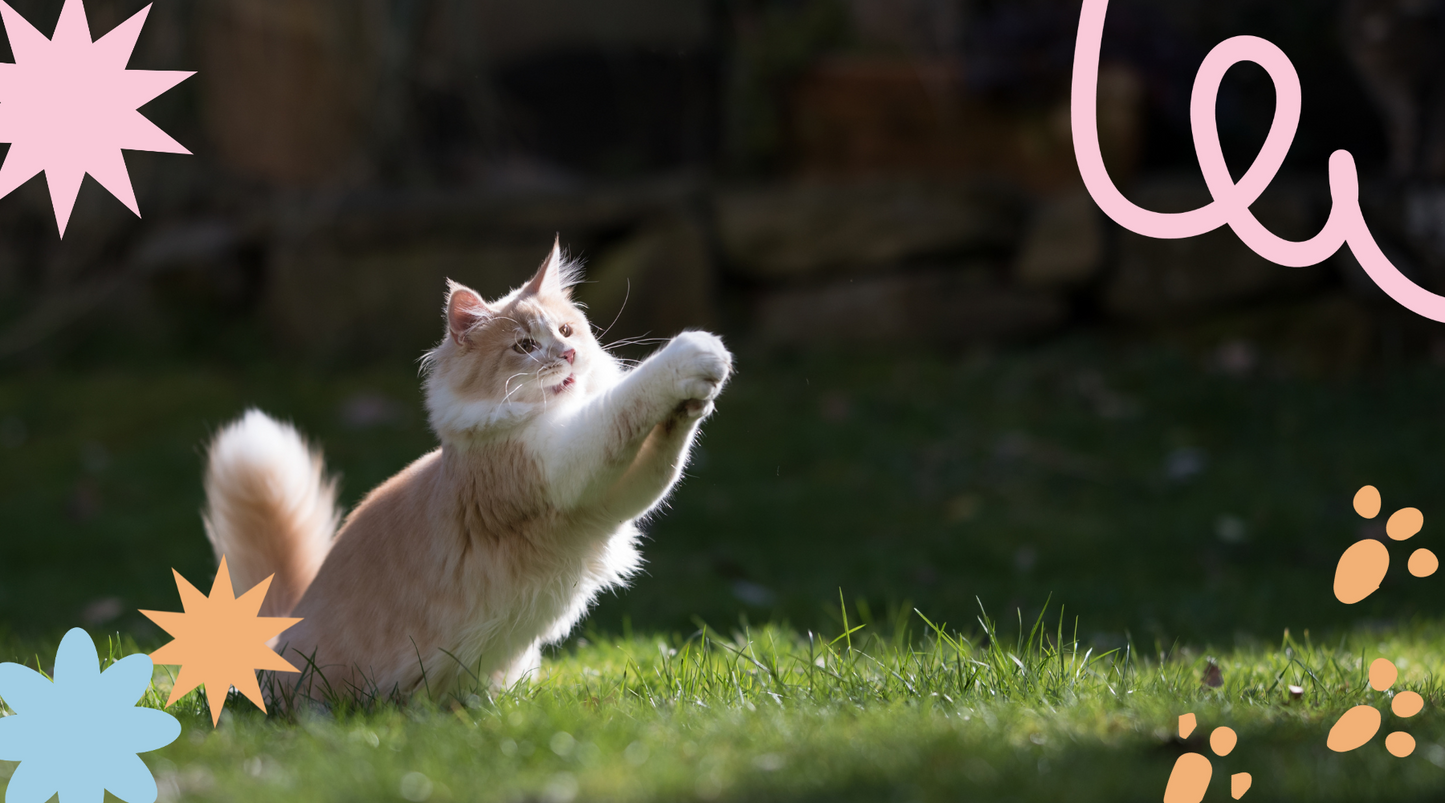
Cats are natural-born hunters, and their hunting instincts are deeply ingrained in their DNA. Playing with your cat is not only fun but also essential for their physical and mental well-being. This article will explore the importance of indulging your cat's hunting instincts through interactive play and provide tips on how to keep your feline friend stimulated and happy.
Why is play important for cats?
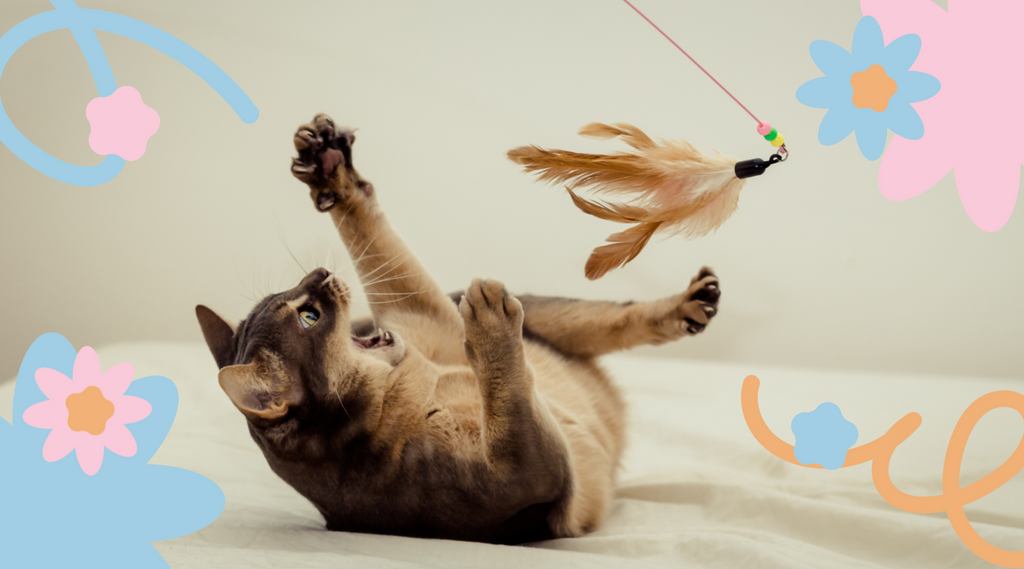
Play is a crucial aspect of a cat's life, and it's essential for their mental and physical stimulation. Domestic cats may not have the same hunting opportunities as their wild counterparts, but their instinct to hunt and play remains strong. Play allows cats to express their natural hunting instincts, which can prevent boredom, stress, and behavioral issues.
Cats are natural hunters, and their predatory instincts are hardwired from birth. Through play, they can satisfy these instincts in a safe and controlled environment. Regular play sessions can help your cat stay active, maintain a healthy weight, and release pent-up energy.
Understanding your cat's hunting behavior
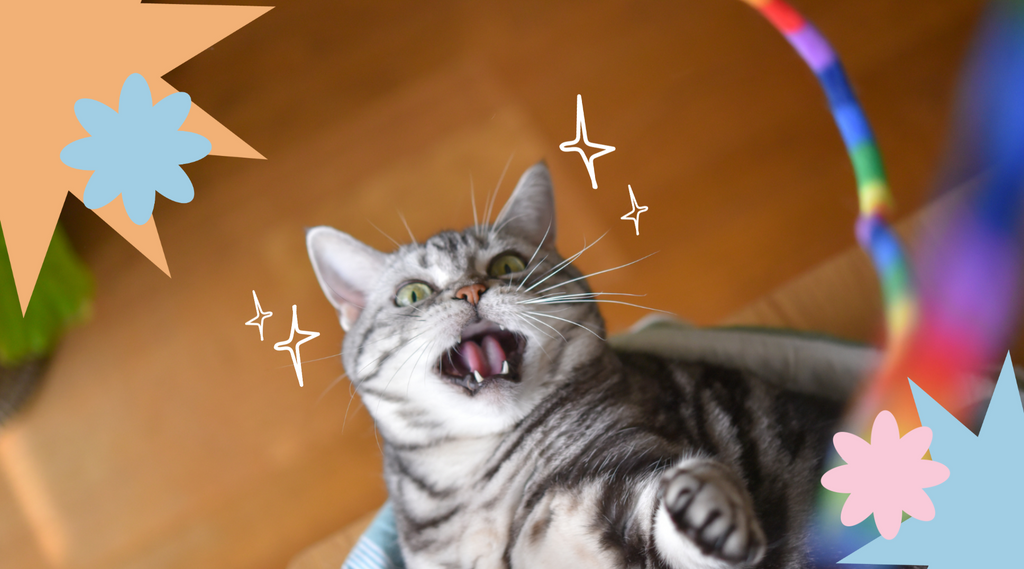
To fully engage your cat in play, it's essential to understand their natural hunting behavior. Cats are solitary hunters, and their hunting instincts are deeply ingrained. They typically stalk their prey, pounce, and then deliver a killing bite. This hunting pattern is hardwired into their brains and is a crucial part of their survival instincts.
When playing with your cat, try to mimic the natural movements of prey. Use toys that move unpredictably, change direction, and provide a challenge for your cat to stalk and pounce. This type of play will stimulate your cat's hunting instincts and make the experience more rewarding.
Can indoor cats satisfy their hunting instincts?
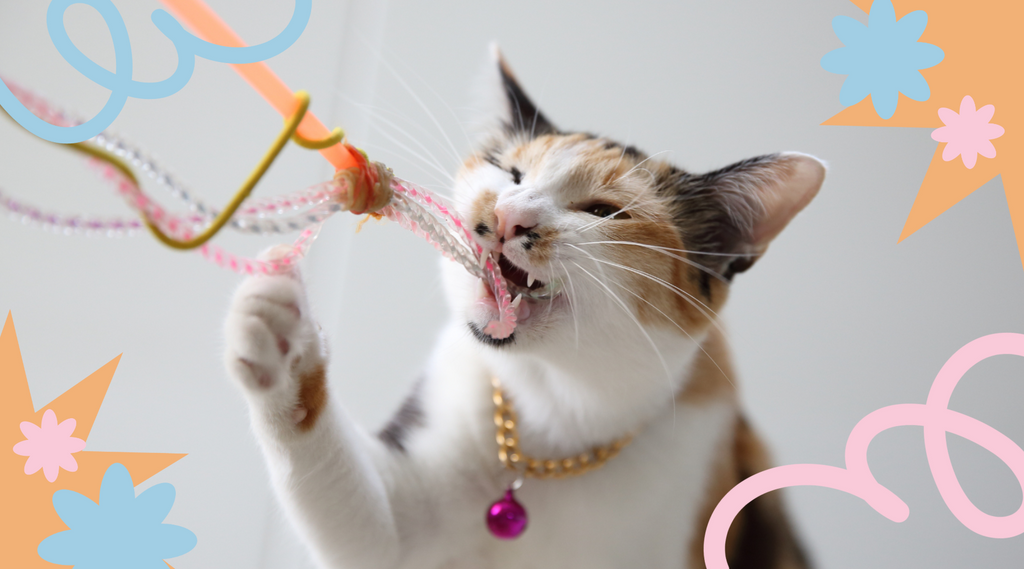
While outdoor cats have the opportunity to hunt and satisfy their predatory instincts, indoor cats need extra stimulation to meet their hunting needs. Many cat owners may wonder if their indoor feline companions can truly satisfy their hunting instincts without access to live prey.
The good news is that indoor cats can indeed express their natural hunting instincts through interactive play sessions with their owners. By providing toys that mimic the movements and behaviors of prey, cat owners can create an engaging and stimulating hunting experience for their furry friends.
How to stimulate your cat's hunting instincts through play
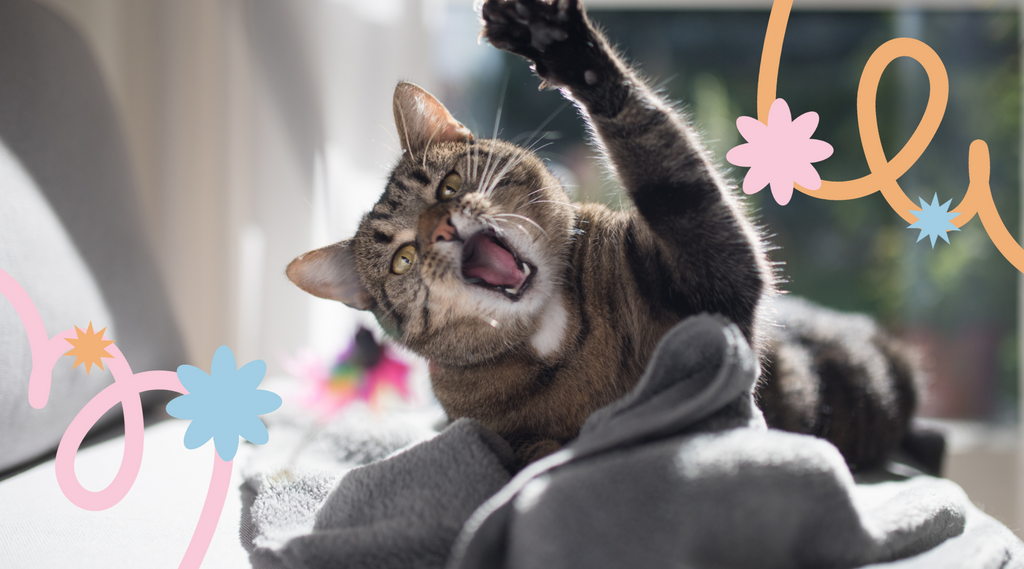
One of the most effective ways to stimulate your cat's hunting instincts is through interactive play sessions. Use wand toys, lasers, or toys that move unpredictably to encourage your cat to stalk, pounce, and chase. This type of play mimics the natural hunting behaviors of cats and allows them to exercise their predatory instincts in a safe and controlled environment.
Rotate different toys to keep your cat engaged and interested. Cats are curious by nature, and introducing new toys and games can prevent boredom and keep their hunting instincts sharp. Incorporate treats or cat-safe food into the play session to create a rewarding experience for your feline friend.
The benefits of playing with your cat
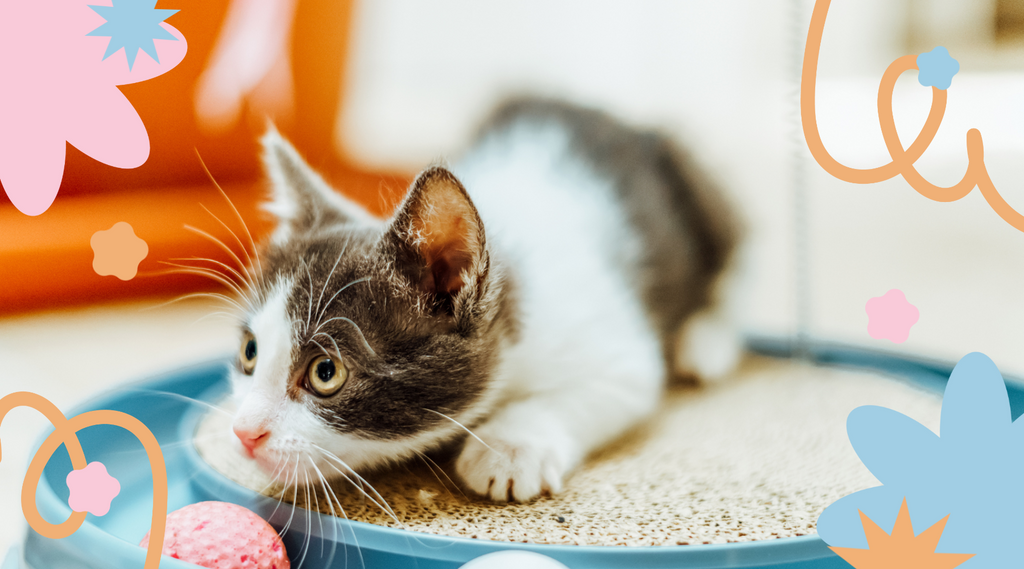
Playing with your cat not only satisfies their hunting instincts but also provides numerous benefits for their overall well-being. Regular play sessions can help prevent obesity, reduce stress and anxiety, strengthen the bond between you and your cat, and provide mental stimulation.
Interactive play also helps kittens develop essential hunting skills, such as stalking, pouncing, and coordination. These skills are crucial for their survival in the wild and can also help indoor cats stay agile and active throughout their lives.
Types of toys that mimic prey
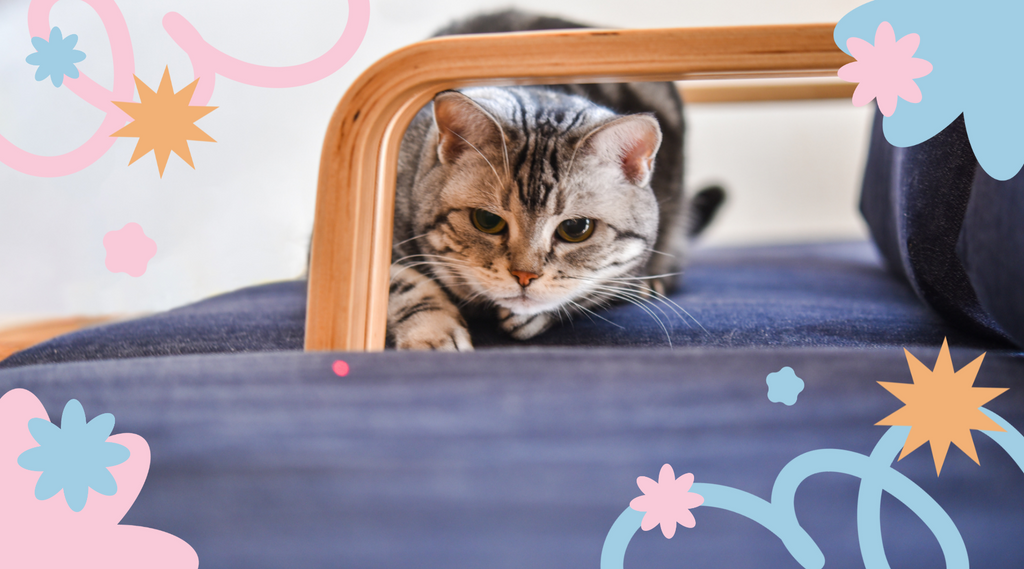
When it comes to satisfying your cat's hunting instincts, choosing the right toys is essential. Look for toys that resemble natural prey, such as mice, birds, or insects. Wand toys with feathers or fur can mimic the movements of prey, while interactive toys that move erratically can trigger your cat's predatory instincts.
Laser pointers are another popular toy that can encourage your cat to chase and pounce, but be sure to incorporate other toys as well to provide a more well-rounded hunting experience. Additionally, consider puzzle feeders or treat balls that require your cat to work for their food, mimicking the act of hunting for their meal.
Introducing new toys and games for your cat
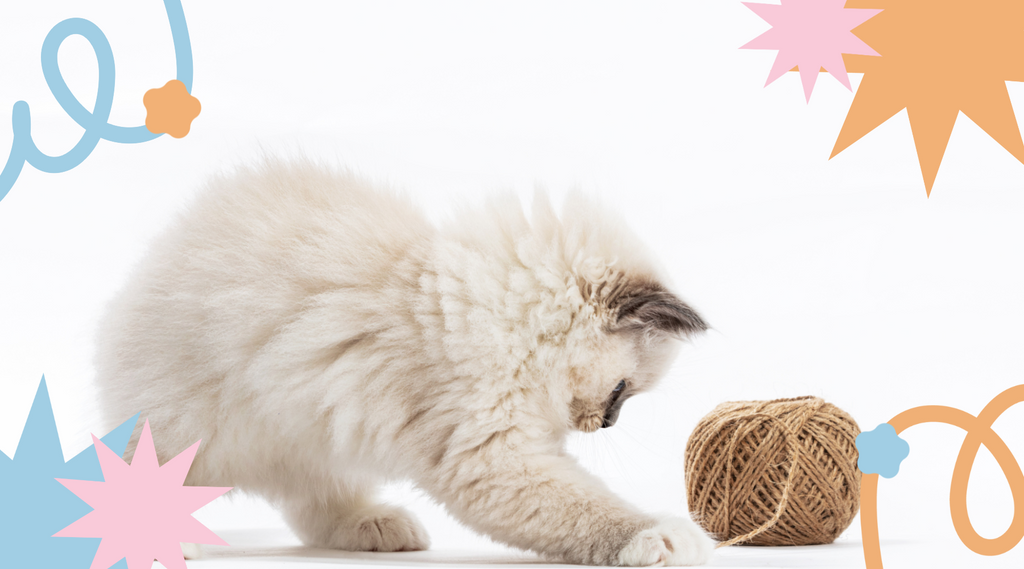
To keep your cat engaged and stimulated, it's essential to introduce new toys and games regularly. Cats can become bored with the same toys over time, and their hunting instincts may diminish. Rotate toys and games to keep things fresh and exciting for your feline friend.
Try incorporating different textures, sounds, and movements into your cat's play sessions. Experiment with catnip-filled toys, crinkle tunnels, or even simple household items like paper bags or cardboard boxes. Remember, the key is to provide a variety of stimuli that encourage your cat to stalk, pounce, and chase.
Engaging kittens in play to develop hunting skills
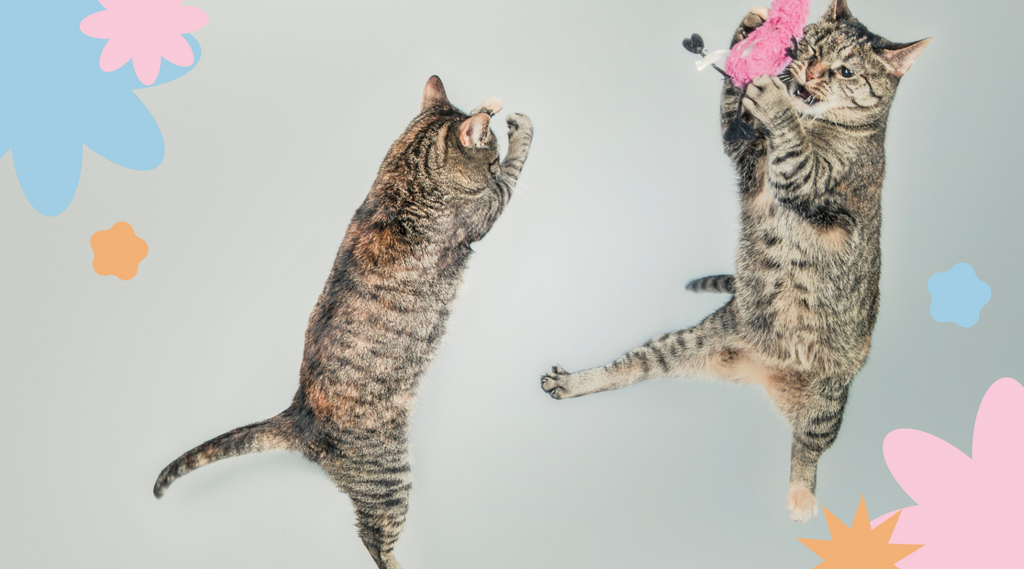
Kittens are born with a strong instinct to hunt, and engaging them in play from an early age is crucial for developing their hunting skills. Through play, kittens learn essential behaviors such as stalking, pouncing, and capturing prey.
Encourage your kitten to play with interactive toys, wands, and laser pointers to hone their hunting abilities. This early stimulation will not only keep them physically active but also mentally stimulated, helping them grow into confident and well-adjusted cats.
Keeping your cat active and healthy with play
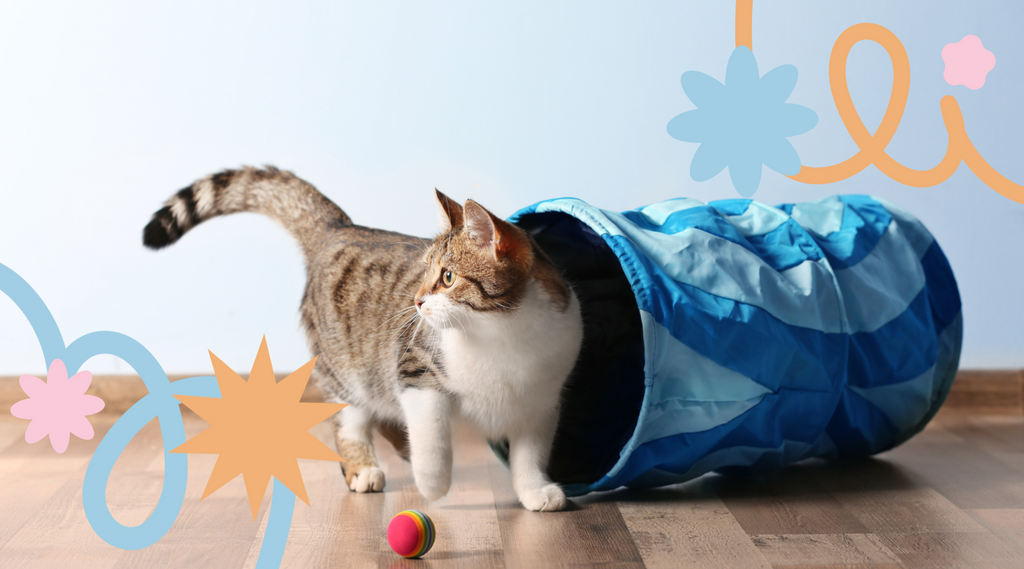
Regular play sessions are essential for keeping your cat active and healthy. Cats are natural hunters and need regular exercise to maintain their physical and mental well-being. Play provides a safe and enjoyable way for your cat to expend energy, burn calories, and stay fit.
In addition to physical exercise, play also offers mental stimulation for your cat. Engaging their hunting instincts through interactive play can prevent boredom, reduce stress, and promote overall happiness and contentment in your feline companion.
Safety considerations when playing with your cat
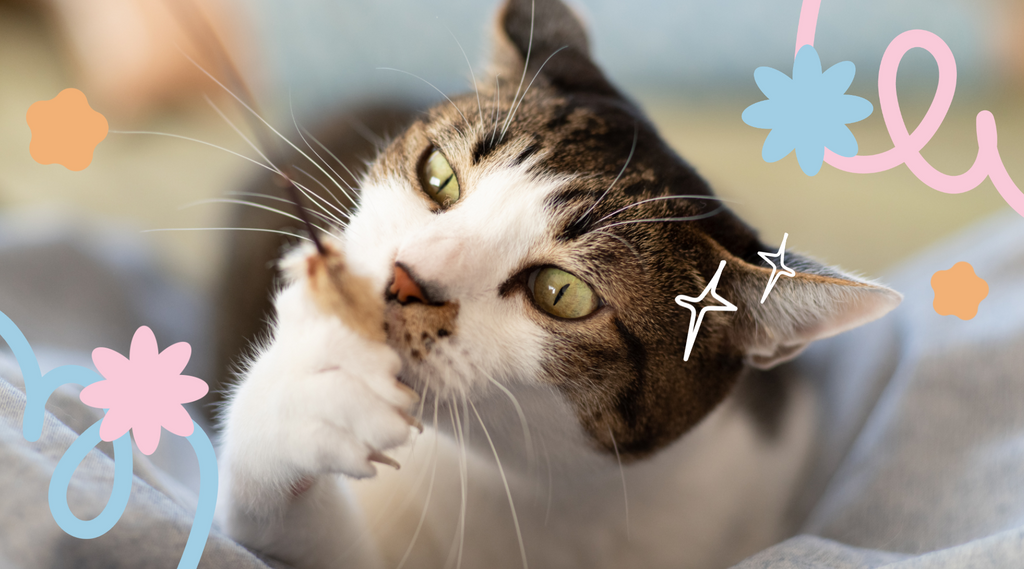
While playing with your cat is an essential part of their enrichment, it's essential to consider safety precautions. Avoid using toys with small parts that your cat could ingest or choke on, and supervise play sessions to prevent accidental injuries.
Additionally, be mindful of your cat's prey drive. Some cats may become overly excited during play and mistake your hands or feet for prey. Use wand toys or other interactive toys to redirect their hunting instincts safely.
Summary: Key Points to Remember
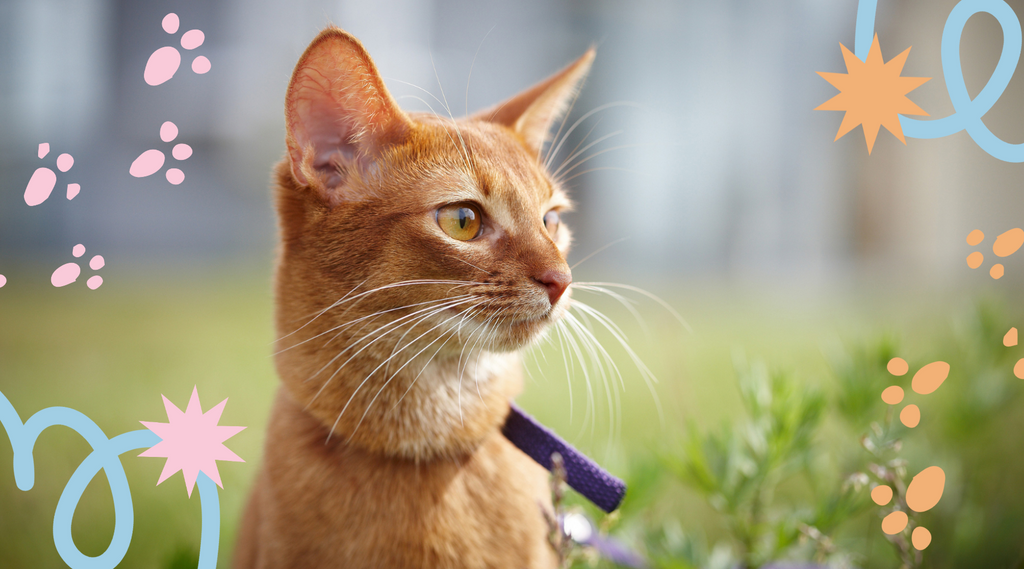
- Play is crucial for cats to express their natural hunting instincts and maintain physical and mental well-being.
- Understand your cat's hunting behavior and mimic the movements of prey during play sessions.
- Indoor cats can satisfy their hunting instincts through interactive play with toys that resemble natural prey.
- Use wand toys, lasers, and unpredictably moving toys to stimulate your cat's hunting instincts.
- Regular play sessions provide numerous benefits, including exercise, mental stimulation, and bonding with your cat.
- Introduce new toys and games regularly to keep your cat engaged and prevent boredom.
- Engage kittens in play to develop essential hunting skills from an early age.
- Consider safety precautions when playing with your cat, such as avoiding small parts and supervising play sessions.
- Remember, playing with your cat is not only fun but also vital for their overall well-being and happiness.
